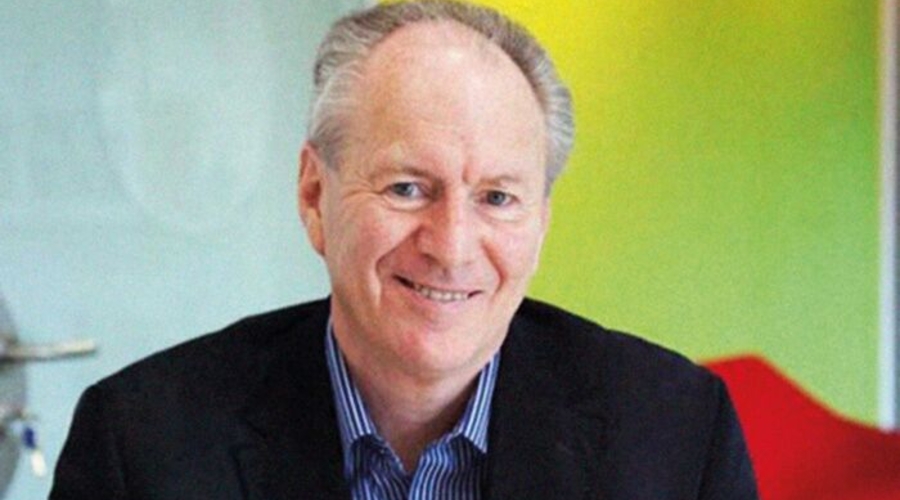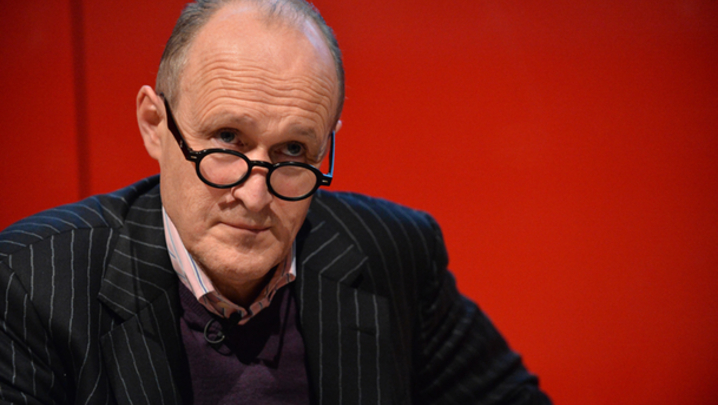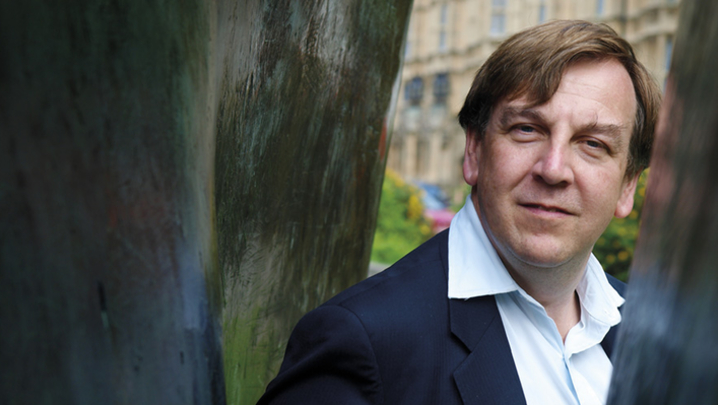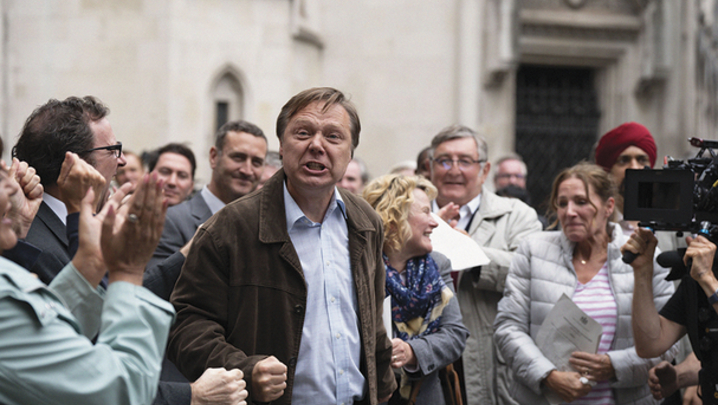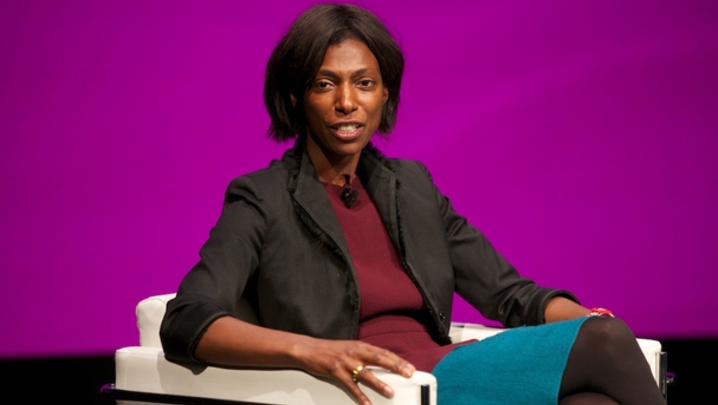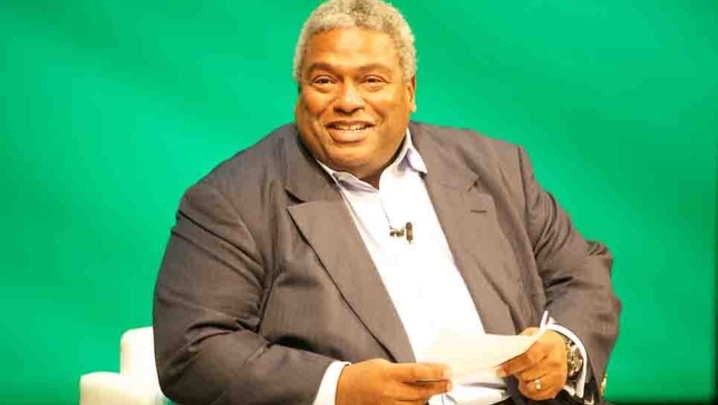With a new government in London, the future of Welsh-language service S4C is again under scrutiny, says Huw Jones
For the past 12 months, the message from Westminster regarding BBC Charter review has been that nothing would happen before the election. Now, of course, it’s as if a starting pistol has been fired.
This is particularly so with sections of the press going into a frenzy of anticipation, based on certain previous statements by the new Secretary of State for Culture, Media and Sport, John Whittingdale.
In Wales, the interviews I’ve been asked to do as Chair of S4C have all been about what it might mean for the future of the Welsh-language channel.
In 2010, then-Secretary of State Jeremy Hunt announced a substantial cut in S4C’s funding. It agreed with the BBC that most of that funding, from 2013, would come from the licence fee, rather than from Whitehall.
Much public debate followed in Wales as to whether this would result in the loss of S4C’s independence.
Ultimately, an agreement was reached between the BBC Trust and the S4C Authority that guaranteed S4C’s operational and editorial independence while ensuring that the Trust retained ultimate accountability for use of the licence fee.
The agreement runs to March 2017, albeit with payments to S4C falling by 1% each year in the final two years. Some 8% of S4C’s funding continues to be provided by DCMS, although this is subject to future Spending Reviews.
The agreement between the S4C Authority and the BBC Trust has worked well. The Trustee for Wales sits on the S4C Authority as a full member.
Through a Joint Partnership Board, the executives of S4C and BBC Wales work together on a range of projects, including plans to co-locate some S4C functions in BBC Wales’s new Cardiff HQ, co-producing the second series of Y Gwyll/Hinterland and making S4C programmes available on iPlayer.
But with the very existence of the BBC Trust being debated, and a clear desire by the BBC to draw lines in the sand regarding erosion of the licence fee, what happens now?
Broadcasting is one of those areas of government that has not been devolved. Responsibility for securing, across various platforms, the full range of public service broadcasting needed by viewers across the UK and its component nations is therefore the responsibility of the UK government.
In the case of S4C, set up in 1982 after prolonged campaigning and political debate, a commitment to Welsh-language broadcasting was made from the heart of the UK government. This remains in force, most recently in the form of the Public Bodies Act 2011, which requires the Secretary of State to ensure Ssufficient fundingT for S4C to carry out its duties.
There is also a widespread understanding of the need for more than one voice in public service broadcasting, particularly where, as in Wales, the commercial provision of news and entertainment is weak.
It is the Secretary of State who will need to take a view as to the needs of a Welsh-language television service. He will have to do so at the same time as he considers the demands to be placed on the licence fee and on public spending.
The S4C question may throw some light on the nature of the essential duties that should be undertaken by the BBC Trust or its successor body.
Assuming a further agreement is reached for S4C to continue to receive its funding primarily from the licence fee, such an agreement needs to be with an arm’s length body, not with the executive, to avoid any perception of a takeover.
And, in a world where the BBC’s relations with partners and other sections of the industry have often been questioned in terms of dominance, one suggestion is that the Trust/SOfbeebT should adjudicate on the fairness of all such relationships. The debate will surely continue.
Huw Jones is Chair of the S4C Authority.

